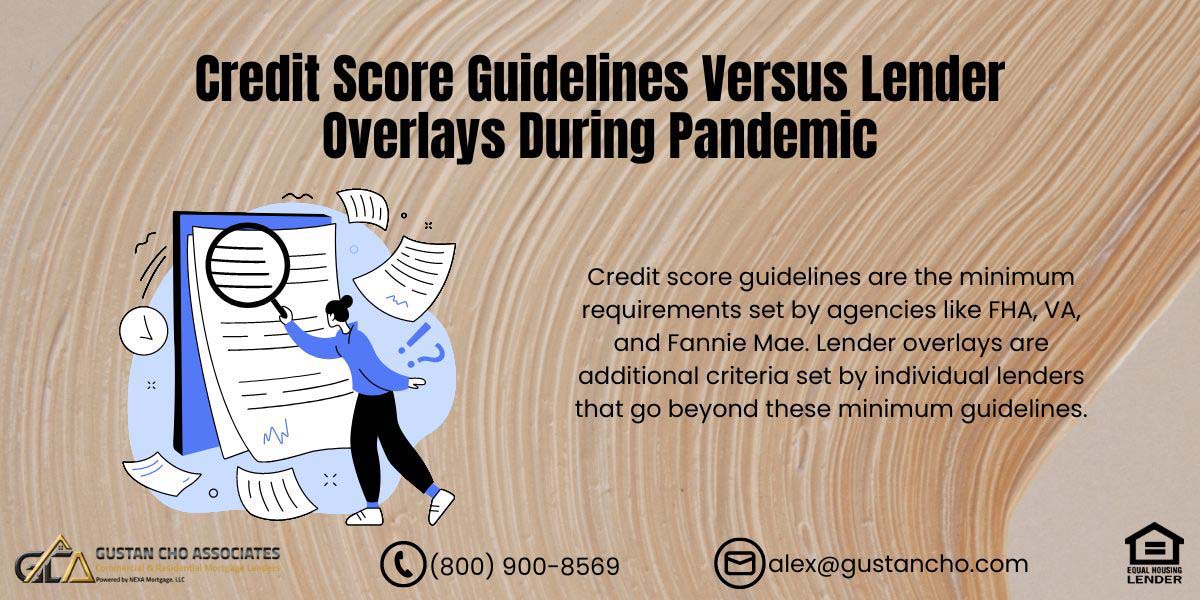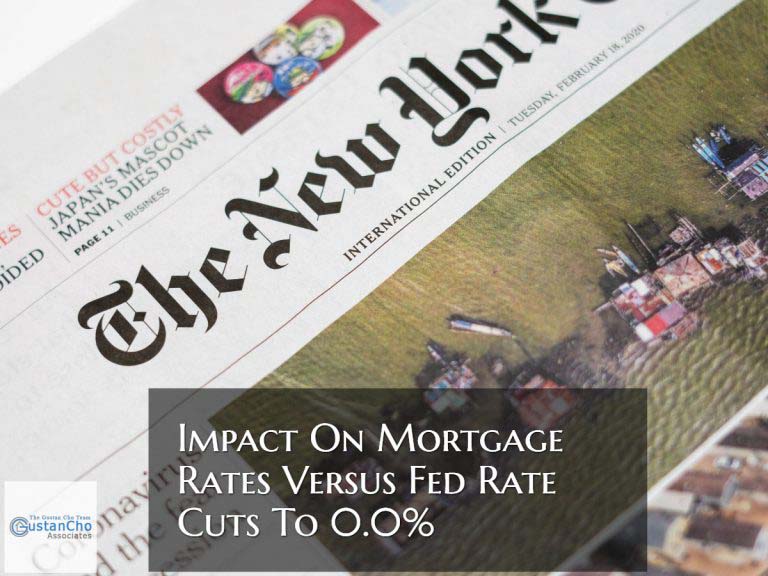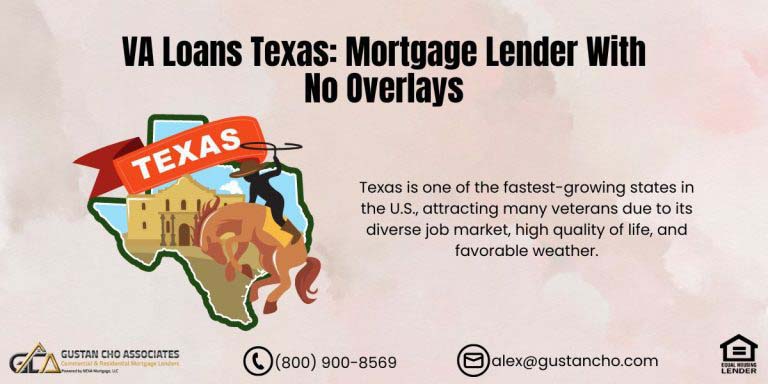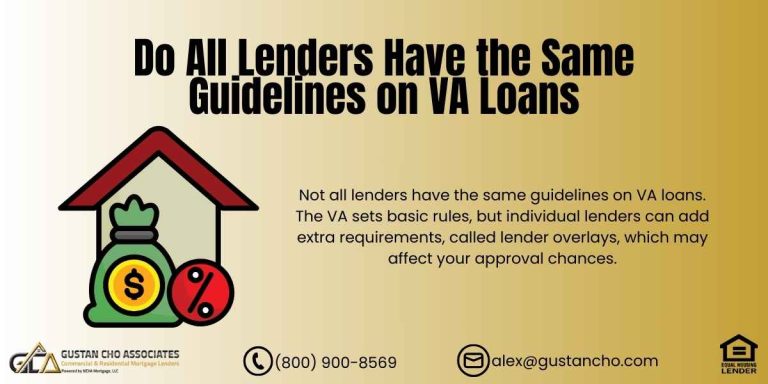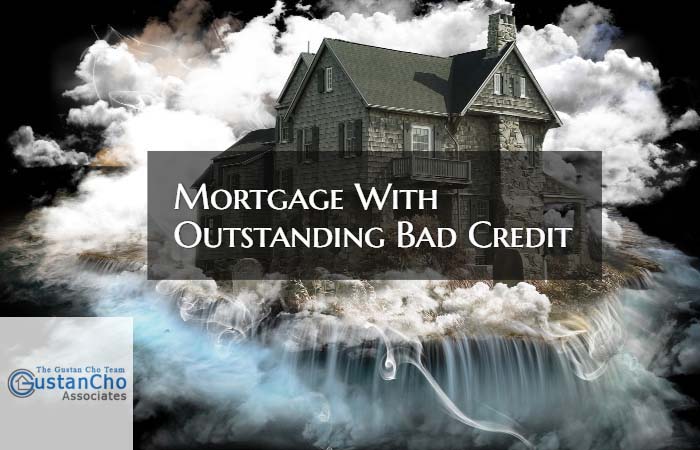Understanding Credit Score Guidelines Versus Lender Overlays during the coronavirus pandemic is important.
A detailed analysis of the covid 19 situation highlights that none of the key stakeholders involved namely HUD, VA, USDA, Fannie Mae and Freddie Mac altered or hiked minimum credit score prerequisites. The coronavirus pandemic that began in early 2020 affected the United States housing and mortgage markets in such a way that they were thrown into disarray. Later this year, the CARES Act provided additional measures that outlined that any owner who is out of work can qualify for protection from foreclosure on their federally insured mortgage.
FHA and VA loans are loans insured by the federal housing administration, the US Department of Agriculture and conventional loans is a loans backed by the US government. Mortgage servicers must provide the borrower with an option for forbearance if they lost their job or were affected by the COVID-19 pandemic in any other way.
Forbearance is not forgiveness. Due to the federally mandated forbearance mortgage program, homeowners can pause their payments and not have to pay their mortgages for one year, balance skip, and they will not appear on the credit reports of consumers.
Nevertheless, after the term of the forbearance period has elapsed, the borrower is to return the missed amount. Though mortgage servicers prefer a one-time payment of all the arrears, most loan providers will stretch the delinquent payment and the escrow deficiency over a certain period. Any amount paid is recoverable through an action of aggression and all missed payments and any shortfalls in escrow must be paid but no interest will be charged on the unpaid amount.
It may be noted that within the last 12 weeks more than 43 million Americans have filed for unemployment benefits, the highest in history. You see, the market is full of unemployed citizens and lenders are worried or to say panicked about the homeowners who will default on the federally required forbearance plan.
Lenders Fears Due To Market Uncertainty Due To Forbearance
Mortgage servicers still need to make payments to investors of mortgage bonds.
- Servicers also need to make property tax payments and insurance for borrowers with escrow accounts
- If there is a flood of forbearance, this can bankrupt mortgage servicers unless there is a federal bailout
- Due to the uncertainty and fear of the mortgage markets, investors are nervous and do not want to touch any mortgages from borrowers with under 700 credit scores
- This is the reason why lenders are increasing credit scores on all loan programs
- Not only are they increasing credit score requirements, but lenders are also charging discount points for borrowers with under 680 credit scores
- Most lenders have increased credit scores to 660 to 680 FICO on FHA loans
- Most lenders have increased credit score requirements to 640-680 FICO on VA home loans
- Many lenders have stopped doing manual underwriting on FHA and VA loans
- Until the secondary mortgage bond markets stabilize, lenders are now requiring hiring credit score requirements
- JP Mortgage Chase has stopped accepting mortgage loan applications on government loans
- Chase Mortgage will only accept conventional loans for borrowers with at least 700 credit scores and 20% down payment
- The great news is Gustan Cho Associates Mortgage Group has no lender overlays on government and conventional loans during the coronavirus pandemic
- Gustan Cho Associates can still accept mortgage applications for VA and FHA loans on borrowers with under 620 credit scores
- The team at Gustan Cho Associates can still do manual underwriting on FHA and VA loans
Want to Know Your Credit Score? It’s the First Step to Securing Your Home Loan!
Contact us today to check your credit score and see how it can help you qualify for the home loan you need.
Understanding Credit Score Guidelines Versus Lender Overlays
Most loan programs have a minimum credit score requirement.
- For example, to qualify for a 3.5% down payment FHA loan, the borrower needs to have a 580 credit score
- Borrowers with under 580 credit scores and down to 500 FICO can qualify for an FHA loan
- However, under HUD Guidelines, any borrower with under 580 credit scores needs to have a 10% down payment on FHA loans
- Under Fannie Mae and Freddie Mac Guidelines, the minimum score required to qualify for a conventional loan is 620
- The VA does not have a minimum credit score requirement
- Gustan Cho Associates is one of the very few national lenders with no lender overlays on government and conventional loans
- Gustan Cho Associates will only go by agency guidelines and does not have any other lender overlays
- As long as the borrower can meet the agency guidelines and get an approve/eligible per automated underwriting system (AUS)
- Gustan Cho Associates will do the mortgage
- Lenders overlays are additional mortgage guidelines set by the individual lenders that are above and beyond the minimum agency guidelines
- For example, the VA has no minimum credit score requirements
- Most lenders will have a minimum credit score requirement on VA loans
- Most lenders have increased lender overlays on credit scores on VA loans to 640 to 680 FICO during the coronavirus pandemic
Most lenders have increased lender overlays on credit scores to 660 to 680 on FHA loans during the coronavirus pandemic.
Why do Lenders Use Different Credit Scores?
Different lenders might use different credit scores since the data collected and provided by the three main credit reference agencies can also be different, including Experian, Equifax, and TransUnion. In essence, a consumer may have a different data at each bureau depending on their source of information and this causes contradiction in the credit reports and hence credit scores.
Also, there are different systems of scoring like FICO and VantageScore that use dissimilar parameters for scoring the credit score; some of them are frequency of payments, usage of credit, and credit length.
Creditors also employ distinct ways of analyzing credit risk and may use the services of one credit bureau or scoring systems that are more suitable to their business or have better results in their line of business. For instance, mortgage lenders might employ a particular FICO score version more specifically designed for mortgages, while auto lenders might opt for a FICO version more specifically designed for auto loans. By adopting and implementing the scores, lenders would be in a better position of analyzing most of the credit aspects in relation to a particular borrower hence arrive at more informed decision making when lending.
Can Lenders Affect Your Credit Score?
Absolutely, that is why it is critical to remember that lenders too have the power to impact your credit score in one way, the other. Lenders take credit checks when you apply for credit by pulling your credit report, this may cause your credit score to drop slightly and it also remain in your credit report for a maximum of two years.
However, if an individual applies for multiple loans within a short-span of time, it is likely to cause a more adverse effect, although credit scoring models tend to cluster similar loan inquiries in order to lessen the exact influence.
Banks also provide information on your credit utilization to the credit reporting companies, the payment information as well as your credit limit, and the amount of credit that is currently being used. Making timely payments regularly can enhance your credit score, but being consistently late or missing payments can negatively affect your credit rating. That is, high credit utilization – when credit cards are actively used and the balance equals or surpasses a significant amount of the limit – is bad. Also, actions taken by the lenders on your accounts like the closing of old accounts or providing you with more credit-utils of diverse types enhance credit score.
Is Your Credit Score Holding You Back from a Mortgage? Let Us Help You Improve It!
Reach out today to learn how we can help you improve your score and secure your home loan.
What are 2 Decisions Lenders will Make with the Help of your Credit Score?
Lenders use your credit score to make several key decisions, two of which are: Lenders use your credit score to make several key decisions, two of which are:
Approval or Denial of Credit Applications
Several of the pivotal determinations that lenders make based on your credit score include whether to grant or reject your credit application. This applies to credit card applications and referrals, mortgage applications, auto finance applications and personal loans and credit application forms. The probability of approval increases when a customer holds a good credit score as it makes the company or bank have a lesser chance of incurring a loss. On the other hand, having a less than stellar credit score could lead to the company denying credit or requesting additional information or guarantee.
Interest Rates and Terms
Other features that lenders also factor in include interest rate and terms of credit that they will give you based on your credit score. This is because the banks offer their best services to borrowers with high credit scores which they classify as low risk. Turning down on the credit scores may give the individual a higher interest rate and unsuitable terms of payment in order to cover the risks to the creditors.
Finding A Lender With No Overlays On Government And Conventional Loans During The Coronavirus Pandemic
As mentioned above, all lenders need to have their borrowers meet the minimum Agency Guidelines of FHA, VA, USDA, Fannie Mae, Freddie Mac. However, lenders can have their own lending guidelines called lender overlays. So if you get turned down by one lender with higher credit score requirements and/or other lender overlays, you may qualify with another lender.
As long as you meet the minimum agency guidelines, Gustan Cho Associates can approve your loan request. Gustan Cho Associates has no lender overlays on FHA, VA, USDA, Conventional loans. If you need to qualify for a mortgage with a national mortgage company with no lender overlays, please contact us at Gustan Cho Associates at 800-900-8569 or text us for a faster response. Or email us at gcho@gustancho.com. The team at Gustan Cho Associates is available 7 days a week, evenings, weekends, and holidays.
FAQs: Credit Score Guidelines Versus Lender Overlays During Pandemic
- 1. Did HUD, VA, USDA, Fannie Mae, and Freddie Mac change their minimum credit score requirements during the pandemic? These agencies did not change or increase their minimum credit score requirements during the pandemic.
- 2. What rights do unemployed homeowners have under the CARES Act regarding mortgage forbearance? Unemployed homeowners with federally-backed mortgages, such as FHA, VA, USDA, and Conventional loans, are eligible for forbearance. This allows them to skip mortgage payments for up to one year without the missed payments being reported on their credit reports.
- 3. What happens to the missed payments after the forbearance period ends? After the forbearance period, borrowers must repay the missed payments. Although mortgage servicers prefer lump-sum payments, most lenders will spread the repayment over time without charging interest on the unpaid amount.
- 4. Why are lenders increasing credit score requirements during the pandemic? Lenders are increasing credit score requirements due to market uncertainty and fears of widespread forbearance, which could potentially bankrupt mortgage servicers. Investors are cautious and prefer higher credit scores to mitigate risk.
- 5. How have specific lenders responded to the pandemic in terms of credit score requirements? Many lenders have raised their minimum credit score requirements for FHA and VA loans to 640-680 FICO. Some, like Chase Mortgage, have stopped accepting government loans altogether, requiring a minimum 700 credit score and a 20% down payment for conventional loans.
- 6. What is the difference between credit score guidelines and lender overlays? Credit score guidelines are the minimum requirements set by agencies like FHA, VA, and Fannie Mae. Lender overlays are additional criteria set by individual lenders that go beyond these minimum guidelines. For example, while the VA has no minimum credit score requirement, many lenders set their own higher credit score thresholds.
- 7. Can you find lenders without overlays during the pandemic? Gustan Cho Associates is among the rare national lenders that do not have additional requirements on government and conventional loans. They follow only the agency guidelines and accept FHA and VA loan applications from borrowers with credit scores under 620.
- 8. How can lenders affect your credit score? Lenders can affect your credit score through hard inquiries when you apply for credit, which can lower your score slightly. They also report your payment history, credit limit, and outstanding balances to credit bureaus, influencing your credit utilization and overall credit score.
- 9. What are two key decisions lenders make using your credit score? Lenders rely on your credit score to decide to approve or reject your credit application and to establish the interest rates and conditions of the credit they provide. Higher credit scores typically lead to approval and better terms. In comparison, lower scores may result in denial or higher interest rates.
If you have any questions about Credit Score Guidelines Versus Lender Overlays or you need to qualify for loans with a lender with no overlays, please contact us at 800-900-8569. Text us for a faster response. Or email us at alex@gustancho.com. The team at Gustan Cho Associates is available 7 days a week, on evenings, weekends, and holidays.
This blog about Credit Score Guidelines Versus Lender Overlays was updated on June 5th, 2024.
Ready to Buy a Home? Let’s Check Your Credit Score to Get You Pre-Approved!
Contact us now to check your score and get started with your mortgage application.


